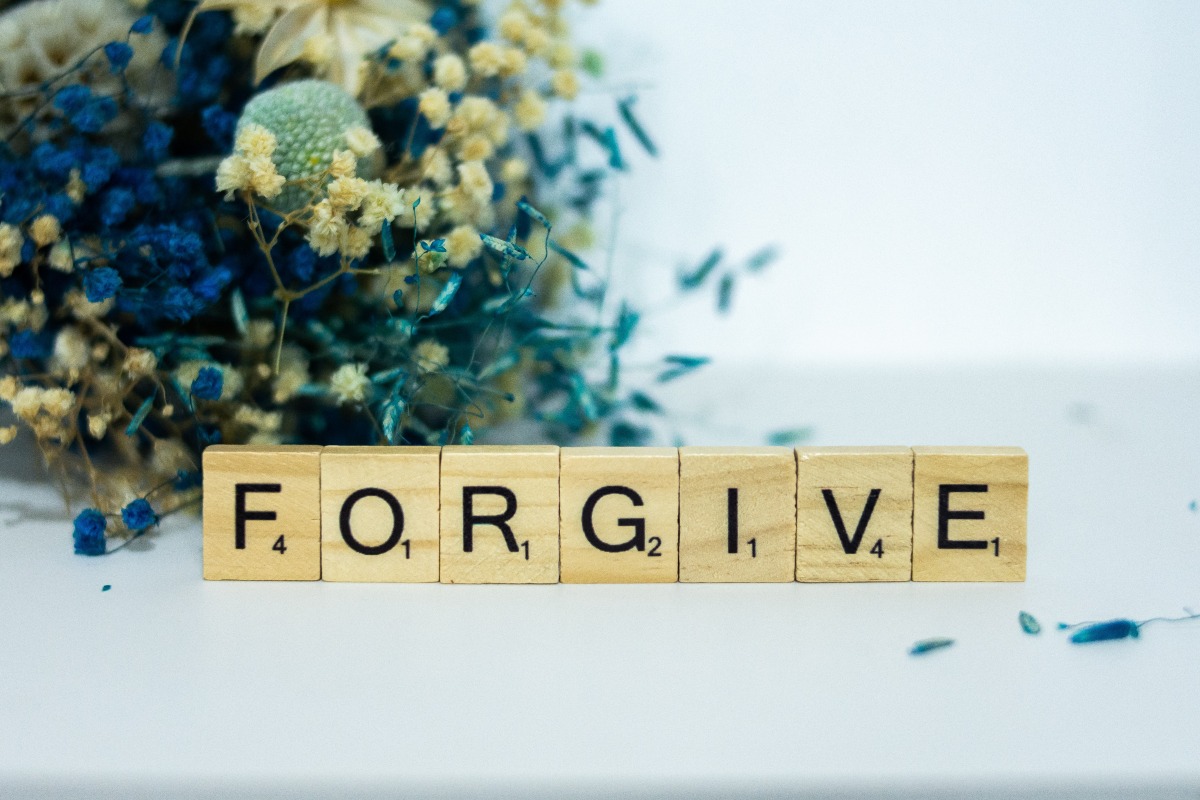
Forgiveness can be complicated. Forgiving is closely tied to empathy and changes how you view the world. Anyone who has suffered a deep hurt understands how badly it turns our inner world upside down. If the pain is big enough, it is impossible to function, concentrate or think about anything other than your pain. Forgiveness is the best way to heal from this, but it is tough work.
What Exactly Does Forgiving Mean?
Forgiving is extending mercy to anything or anyone that harmed you, whether it is deserved or not. Forgiving allows you to heal and move on in your life with a new meaning and purpose. When you forgive, you are the one who benefits. Forgiving is spiritual; it means to let go of anger and stop feeling the pain that the anger causes.
Why Is Forgiving Worth the Work?
Forgiving is worth the work because by forgiving, you will feel more optimistic about the future. Holding on to anger is bad for your health and your immune system. Forgiving is challenging whether you are forgiving yourself or somebody else. Forgiving does not mean forgetting if it is healthy forgiving. Healthy forgiving requires that we find empathy for the mistake or situation that affected us. Forgiving sends us down the path of healing and peace; it requires empathy and compassion, but it is the way to let go of resentment and bitterness so that you can find happiness.
What Are the Benefits of Forgiving?
Learning to forgive during recovery is important because as long as you hold on to the reasons for your anger and pain from your past, you continue to suffer and not heal. By forgiving in recovery, you release negative feelings. It’s important to release negative feelings because holding on to past hurts can prevent you from feeling positive emotions and hope for your future.
When you forgive, you take your power back from whoever or whatever hurt you and dismiss their ability to continue to cause you pain. In forgiving others, you look at your own mistakes with compassion and forgiveness. It is important not to play the victim role while in recovery; forgiveness removes you from that role and empowers you to face your past and be hopeful about your future.
How Do You Decide Who to Forgive?
Forgiving is not making excuses for someone’s behavior or pretending that you weren’t hurt. Forgiving is a long process, and it is not simple. When you find the empathy in yourself to forgive as many people as possible, doing so pushes the pain from the past back into the past where it belongs.
Forgiveness benefits the person doing the forgiving, and it is worth the trouble and the time it takes. Forgiving requires many steps which aren’t always sequential. Once you forgive, you immediately feel a sense of strength and peace.
Forgiveness is a gift to ourselves and each other. Forgiving is hard, but it is worth the effort. When you forgive, your health and emotions improve; it increases your empathy for others and changes how you interact with the world. At The Guest House, our programs work on the basis that forgiveness heals. Forgiving yourself or others is good for your physical and mental health; it contributes to better self-esteem and reduces anxiety and stress in your life. The Guest House provides opportunities to learn to forgive. Call (855) 483-7800.